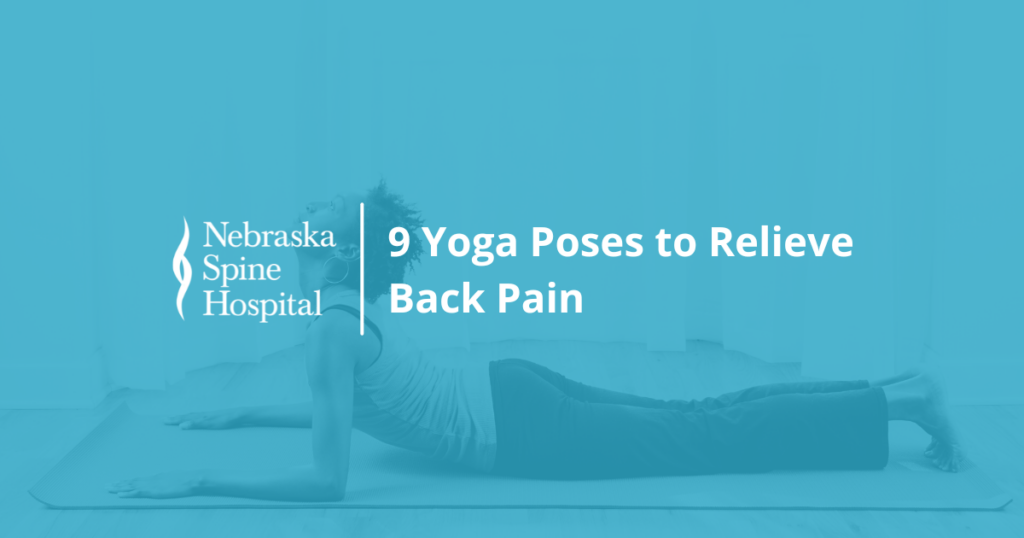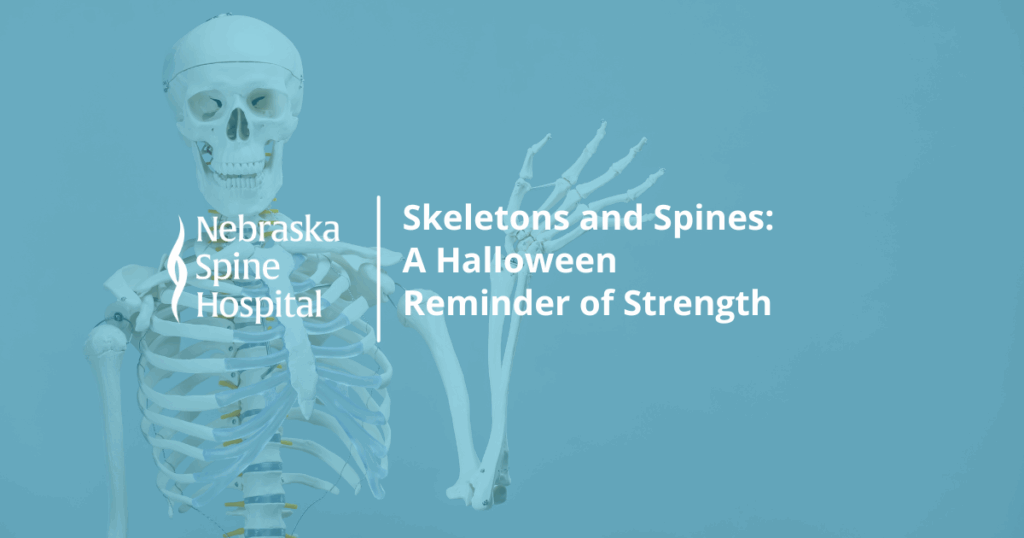Yoga can be extremely beneficial for those experiencing back pain, including occasional soreness and chronic pain. So, what makes yoga so much better for back pain than other fitness routines? Yoga is one of the only workouts that emphasizes stretching, strength, and flexibility. Recent studies have found that practicing yoga relieves symptoms caused by back pain better than stretching alone. The same study found that those who practice yoga regularly are twice as likely to cut back on pain medications than those who attempt to manage symptoms on their own
Did you know? Those who practice yoga regularly are twice as likely to cut back on pain medications than those who attempt to manage symptoms on their own.
So which poses should you incorporate into your routine for the most effective pain relief? We’ve compiled a list of nine poses below, along with instructions on how to perform them, to help manage your back pain symptoms. All of the poses should be held for 3-5 breaths, or as long as comfortably possible.
It should be noted that people with severe back pain should not attempt to use yoga for symptom relief. And remember, it is always a good idea to consult your physician before beginning a new exercise program.
Downward Facing Dog

Downward facing dog is the most well-known yoga pose out there because it elongates the cervical spine and strengthens the core, hamstrings and lower back – all in one move! Begin on your hands and knees, tuck your toes, lift your hips, and bring your heels toward the ground, making sure to keep your spine straight.
Upward Facing Dog

Upward facing dog helps to open your chest, and improve abdominal and back stretch. From the downward facing dog position, shift forward into a plank pose. Untuck your toes and lift your head up, making sure to keep your knees off the ground.
Low Lunge with Backbend

Low lunge with backbend strengthens and stretches your entire back. While in a low lunge position, gently lower your back knee to the ground. Bring your arms up alongside your head and lean back.
Seated Forward Fold

Seated forward fold is primarily known as a hamstring stretch, but it’s also great for lengthening your back. Start in an upright seated position with your legs in front of you. Guide your hands down your legs until you’ve stretched as far as you can.
Seated Spinal Twist

Seated spinal twist is great for improving posture and spine mobility. While in a seated position, bring your left foot to the outside of your right knee. Hook your right elbow outside your left knee and look back over your left shoulder. Repeat on the opposite side.
Standing Forward Fold with Clasped Hands

Standing forward fold with clasped hands is great for stretching your back, increasing shoulder mobility, and opening up your chest. While standing, bend forward at your hips and stretch your fingertips toward the ground. Clasp your hands behind you and bring your palms together, even if you have to bend your elbows.
Lower Back Clasp

Lower back clasp both stretches and strengthens your lower back. While lying on your stomach, clasp your hands behind you and lift your chest off the ground. Again, if you have to bend your elbows to bring your palms together, do so.
Sphinx Pose

Sphinx pose lengthens the spine and opens up the chest. Start on your hands and knees, and lower your stomach to the ground while bringing your forearms in front of you and lifting your chest.
Bow Pose

Bow pose stretches and strengthens the upper back and shoulders to help improve posture. While lying on your stomach, reach for your heels and lift them up, causing your back to arch naturally.
For more tips on how to manage back pain, continue reading on our blog.
Related Links: Low-Impact Aerobic Exercise For Back Pain








